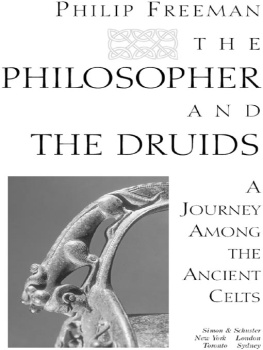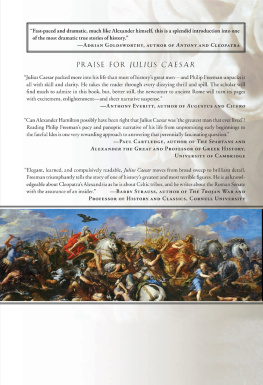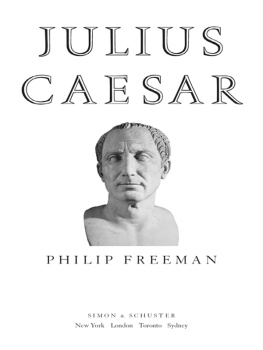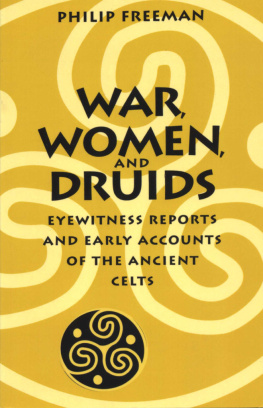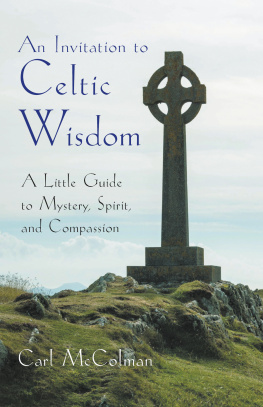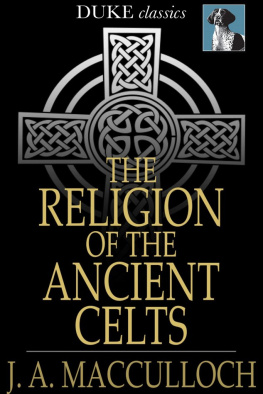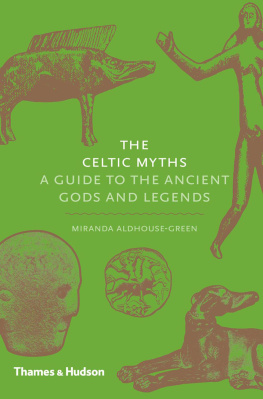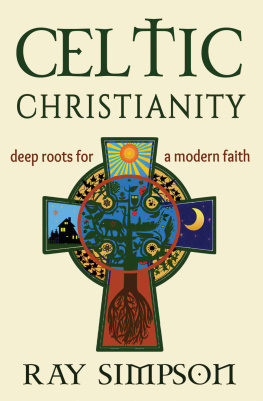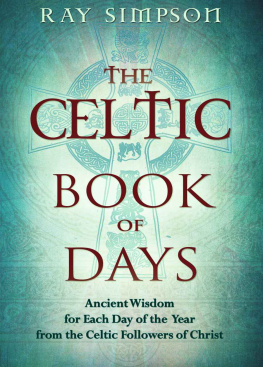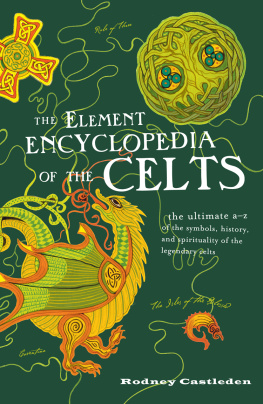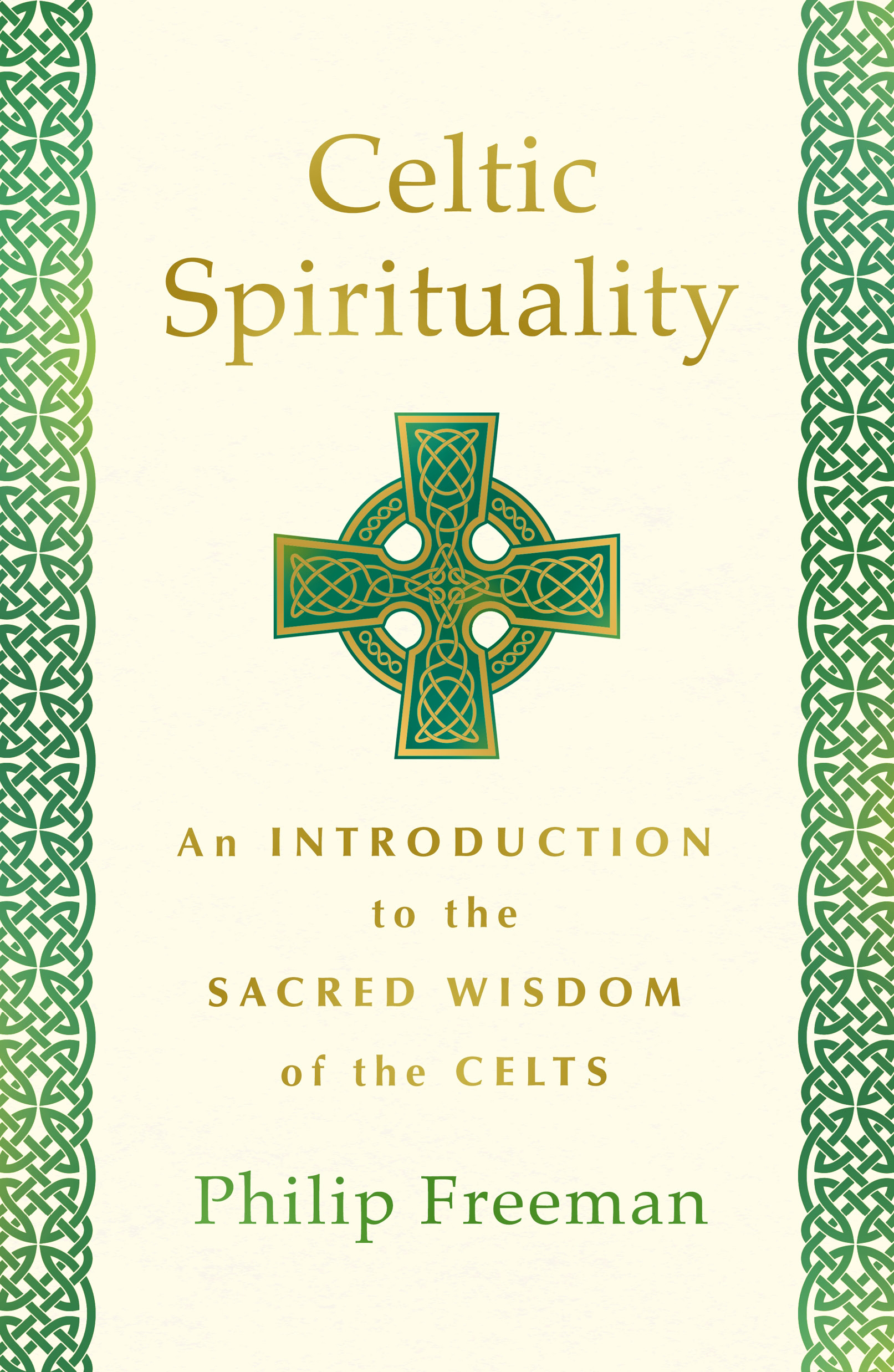The author and publisher have provided this e-book to you for your personal use only. You may not make this e-book publicly available in any way. Copyright infringement is against the law. If you believe the copy of this e-book you are reading infringes on the authors copyright, please notify the publisher at: us.macmillanusa.com/piracy.
It was the Dagda who distributed the sd mounds of Ireland to the Tuatha D Danaanto Lug, Ogma, and all the rest. But he kept the best of sd mounds, the great tomb at Newgrange, for himself.
from The Taking of the Sd Mound
Drive north of Dublin in the dark morning hours of the winter solstice past the tidy suburban homes and modern shopping malls and you will soon come to the green banks of the River Boyne. Park your car at the Br na Binne Visitor Centre and make your way across the river and up the path to a curving wall of white stones barely visible in the faint glow of the coming dawn. Walk past the intricate, swirling decorations carved ages ago on the huge rock by the entrance and then under the massive stone lintel with its roof-box opening facing southeast above you. Walk in reverent silence down the long, dark passageway to the central chamber that was old centuries before the Egyptians built the pyramids at Giza. Feel the cold of the ancient stones against your hands and hear the sound of your own heart beating in the darkness.
Then turn around.
Down the long passageway and through the distant hole above the lintel you will see a beam of light from the rising sun piercing the shadows of the tomb and scattering the darkness all around you.
For more than five thousand years the great tomb of Newgrange on the River Boyne has been a sacred space and an important part of Irish spiritual beliefs. For the Neolithic farmers who built it, it was a place aligned with the movements of the heavens to honor their ancestors and gods. For the Celts who arrived after them, it was a place of ancient magic, the home of the mystical Tuatha D Danaan, and a doorway into the dangers and delights of the Otherworld. For Christians after the arrival of St. Patrick, it was a reminder that the old gods still dwelled in the land of Irelanddivinities who were as much a part of the spiritual landscape of the island as the green hills and flowing rivers.
The Celts of ancient Europe stretched from Ireland and Britain to Spain, France (called Gaul in early times), northern Italy, central Europe, and into the lands of Galatia in Anatolia. They were a thriving culture that, while never united as a single empire, were a source of looming danger and endless fascination to the Greeks and Romans of the Mediterranean world. Julius Caesar crushed the Celts of Gaul in the first century BCE and Roman armies subdued other Celtic lands, but traditional Celtic beliefs survived for centuries afterward, even under occupation. In Ireland, a Celtic land never conquered by the legions, the old ways of the gods and druids lasted until well after the arrival of Christian missionaries. Indeed, in some ways they survive still today.
Sadly, so much about the spiritual world of the ancient Celts has been lost to us. What does remain are tales told from long ago written on faded manuscript pages, along with a few rituals, magic spells, poems, and prayers that give us at least a glimpse into a forgotten time. In this small book it has been my goal to give modern readers a selection of the best authentic Celtic stories and sources that remain from both pre-Christian and early Christian spiritual life, so that you may discover them for yourself and listen to the ancient voices of the Celts that can still speak to us today.
A NOTE ON THE READINGS
The passages and stories that follow were written over the course of many centuries. The earliest were recorded by sometimes hostile Greeks and Romans observing the Celts from the outside and writing about them in Greek or Latin, but most come from Celtic authors themselves writing about their own lives and traditions in Gaulish, Latin, Irish, or Welsh. Ive translated some of them word for word from the original languages, but many are paraphrases or retellings based closely on the native sources and condensed for brevitys sake. In all of them Ive tried to preserve the style, flavor, and wonder of the original tales.
Only scattered fragments remain of the rich and complex religious traditions of the early Celtic tribes. Archaeology is telling us more each year about the physical remains of Celtic religion, but we are still forced to rely mostly on secondhand observations by Greek and Roman authors who were often hostile to the Celts and who usually substituted the names of their own Greek and Roman gods for native Celtic names. But if we do our best to see beyond the bias of these classical writers, we can glimpse a fascinating world of countless gods and goddesses who inhabited and illuminated every corner of ancient Celtic life.
The most important god of the Gauls is Mercury. There are images of him throughout the land. He is said to be the inventor of all human arts, the guide for every path and journey, and the god in charge of trade and commerce.
After Mercury, the most important gods are Apollo, Mars, Jupiter, and Minerva. These gods are in charge of the same areas of life as among other peoplesApollo cures diseases, Minerva oversees crafts, Jupiter rules the skies, and Mars is the god of war.
Before a great battle the Gauls will often dedicate the spoils of the enemy to Mars. If they win, they sacrifice all the animals they capture to the god and collect the other captured goods in a single place among their tribe. You may often see these objects piled up in a sacred spot among whatever tribe you visit. It is most rare that anyone will dare to disturb these spoils or steal from them. If someone does, they are tortured and punished in the most horrible ways imaginable.
As with many spiritual traditions from around the world, ancient Celtic religion acknowledged a dark side to balance the light. This aspect of Celtic beliefs was emphasized by many Greeks and Romans who wanted to portray the Celts as savages, but to deny its existence altogether is equally dishonest. As the Romans themselves honored their own gods of the underworld, the ancient Celts acknowledged the necessary shadows of life, going so far as to place their own origins in a world of darkness.
The Gauls all say that they are descended from a common father, Dis, the god of the dark underworld. The druids confirm this in their teachings. Because of this belief they measure time by the passing of nights, not days. Birthdays and the beginnings of months and years all start at night.
One of the earliest stories we have of Celtic gods come from a fragment of a Greek historian named Timaeus who lived in Sicily in the early third century BCE, just after the time of Alexander the Great. The work of Timaeus itself does not survive, but pieces of it were preserved in later authors. In his history written for a Greek audience, he tells of a Celtic myth about twin gods who came to Celts from the sea, probably to the wild shores of the Atlantic Ocean in Gaul. Like most Greek and Roman authors, he substitutes familiar gods and names from Greek mythology, such as the twins Castor and Pollux, known as the Dioscori (Sons of Zeus). Behind this short fragment must lie a rich and fascinating Celtic myth, but it is lost to us forever.


